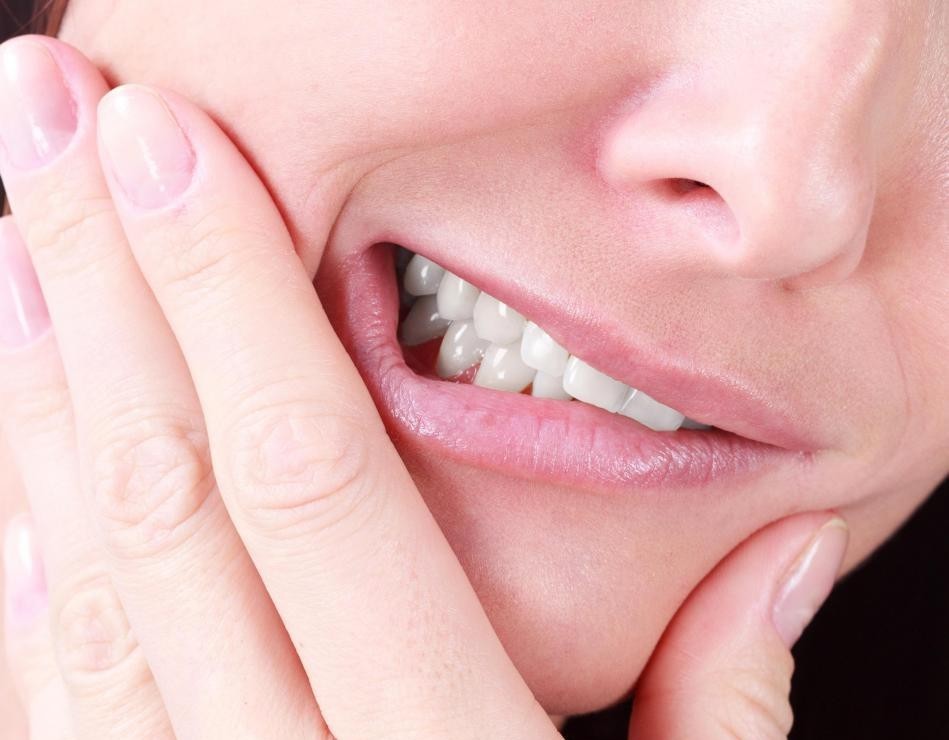Bruxism

TEETH GRINDING (BRUXISM)
It is an unconscious squeezing action that is usually seen during sleep. If untreated, it causes jaw joint pain, tissue loss in teeth, and even tooth loss. Treatment is a simple but patient procedure. Bruxism can have many psychological and physical causes, but the primary one among them is stress. Bruxism is exacerbated during periods of increased stress. Sometimes, bite defects in the teeth can also cause.
HOW DO YOU KNOW IF YOU'RE GRINDING YOUR TEETH?
- Gum problems
- Aching gums, swelling of the gums
- Sore jaw joint when you wake up in the morning
- Teeth breaks
- Cheek area muscle masses and subsequent jaw pain.
TREATMENT
Your physician applies different methods after a comprehensive examination in order to determine the origin of teeth grinding. These are methods such as night plate, botox treatment, surgical operation, muscle relaxants, stress control.
As a result of continuous jaw tightening, the muscles remain contracted and the jaw joint is exposed to more pressure than it should be, and as a result of this pressure; When opening the jaw, there are discomfort such as pain in the muscles, strain, and noise when opening the jaw.
Night Plate: After the necessary examination is made to the patient, the patient's mouth measurements are taken and a personal protective night plate is made accordingly. Regular use of night plate reduces the problems experienced to some extent. Plates should be worn for at least 4 hours a day.
Botox (Masseter): Masseter is injected into the chewing muscles on both sides of the jaw to reduce the tension and comfort of the jaw muscles.
Contracted Institutions








